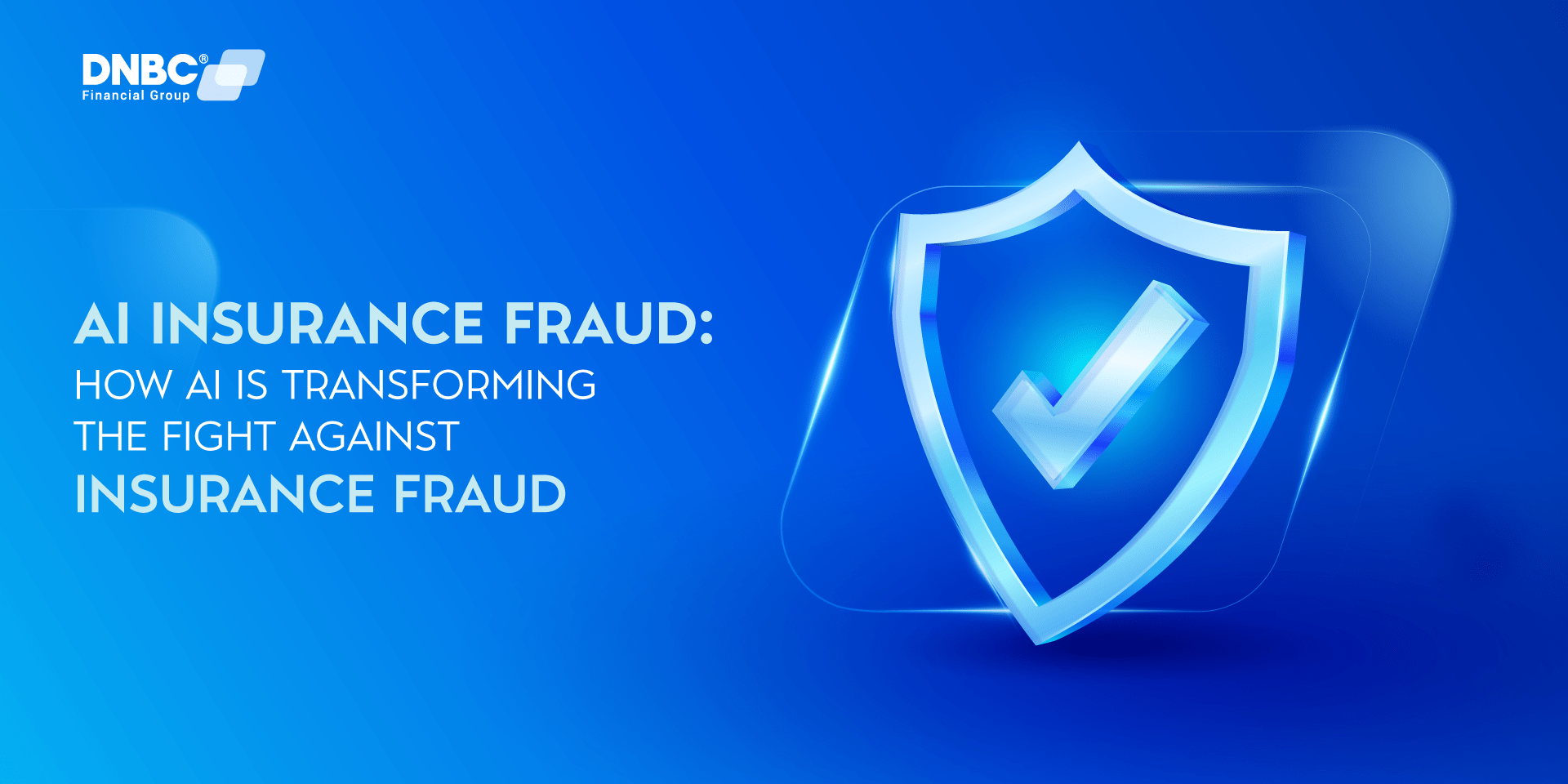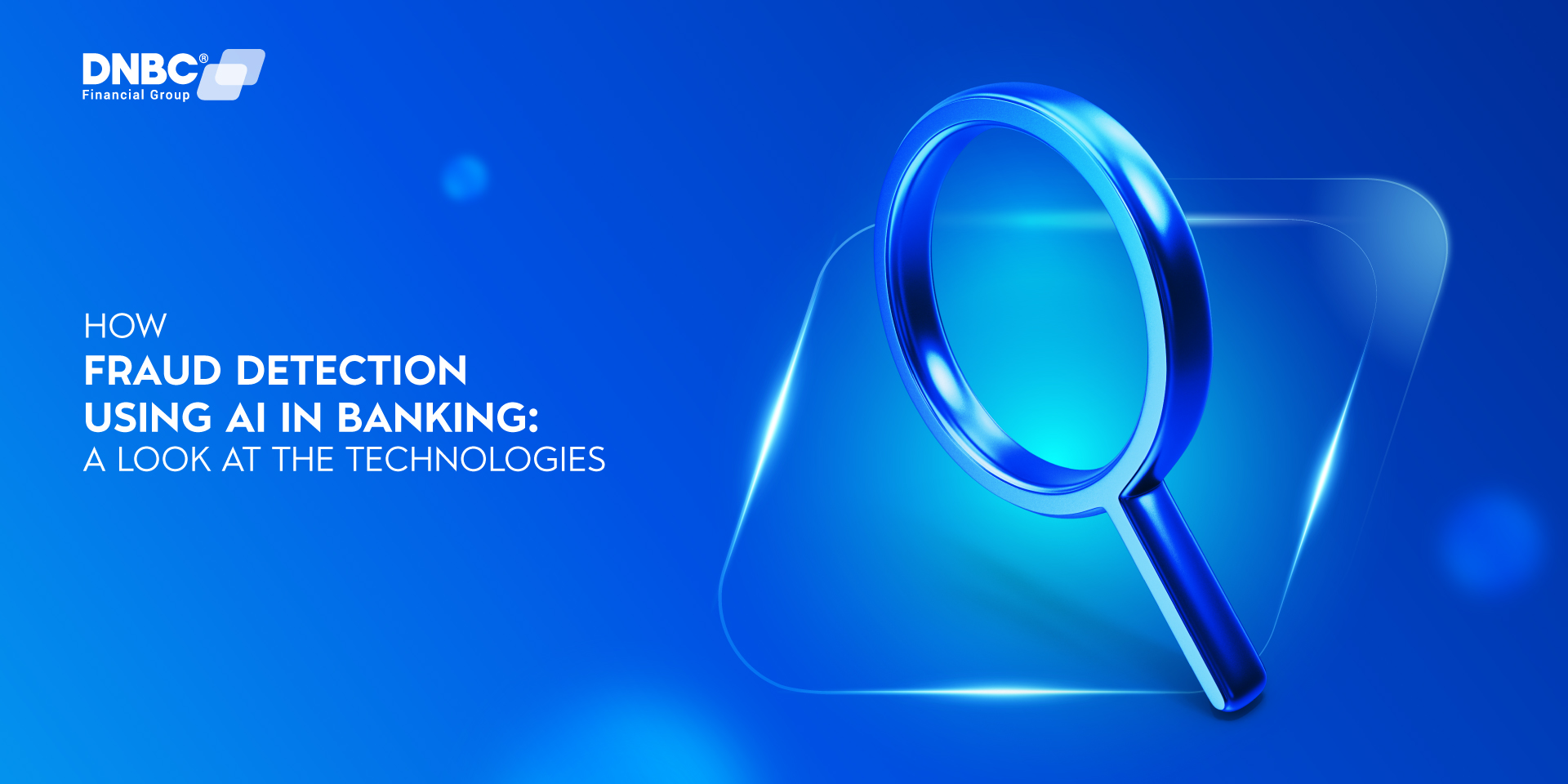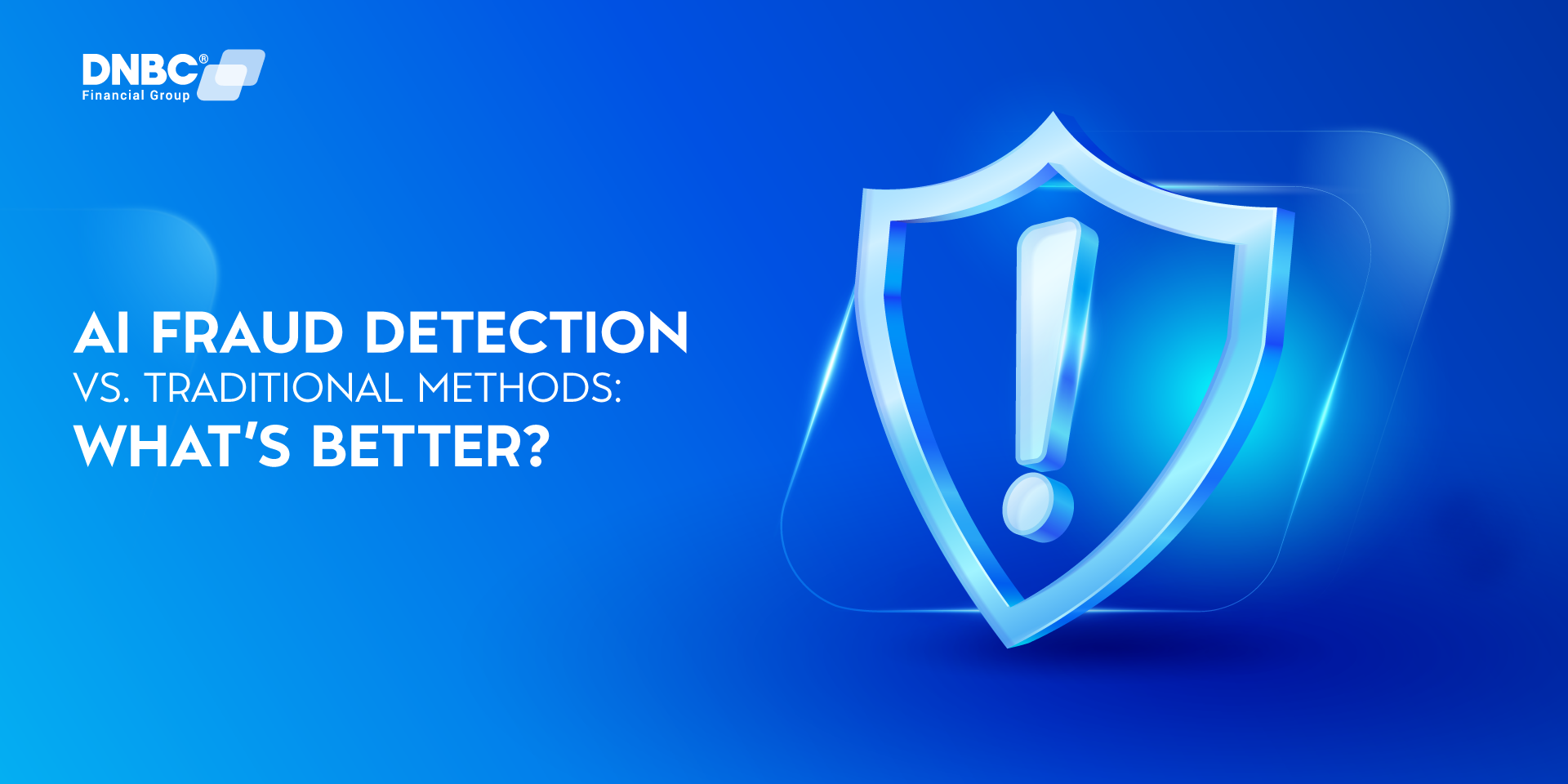- Home
- Blog
- Financial News & Tech
- Bank sort code finder - how necessary in checking transactions
Bank sort code finder - how necessary in checking transactions
Financial News & Tech
11 January 2023
DNBC Team
This article is a part of DNBCGroup Blog Center
Contact DNBCGroup for the technology news, tips, trends, and updates.
Sort code (sorting code) is the domestic bank code applied to route money transfers among financial institutions. You can’t make a money transfer without a bank sort code.
In this article, we will explore the bank sort code finder and how to find sort code and account number.
Bank sort code finder - how necessary in checking transactions
At first, codes were used in the UK and Ireland in the early 20th century to facilitate the manual process of checks. Although bank sort codes in the UK and Ireland have the same format, they are regulated by different authorities.

Bank sort code finder - how necessary in checking transactions
By time, a bank sort code has become an important element in a bank account. A sort code has a 6-digit number to identify your bank. In which, the first 2 digits determine which bank you’re in and the last 4 digits are about the detailed branch of your bank where your account was opened.
If found in the bank directory, the bank sort code finder will return the bank name, branch, address and payment and other clearing system information. The sort code finder is for informational purposes only.
A bank sort code will inform you which bank the sort code belongs to. If your bank sort code goes wrong, your funds can end up in a wrong bank branch, or even reach a different bank. This failure will cause many problems.
If your account number goes wrong, but the correct bank branch gets the money, you have an opportunity to sort out the problem.
How to find sort code and account number?
There are 2 vital pieces of information you have to provide when setting up a money transfer. The account number of the person or company you want to pay and the sort code to identify where the account is held.
You can easily find your sort code on bank statements and on your online or app banking platform.
In addition, the sort code is available on the front or back of the bank card attached with the account number. It is also printed in other places, such as on cheques, and often on any correspondence from your bank.
The easiest place to find your sort code is through your online bank account. From your online account, you can copy the number available on the screen, then paste it where needed. By doing that, writing the numbers down is always correct.
Quite honestly, the best option is to ask the bank to give it to you. By that way, you will be given the correct code and number. If they send you the wrong number, it’s not your fault.
If you don’t know about bank account numbers yet, here is for you! An account number is a number attached to your bank account. If you own many kinds of bank accounts (personal, business or others…) each account should have a different account number.
For example in the UK, most bank account numbers consist of 8 digits. Some UK banks have shorter account numbers, but the number ‘0’ can be inserted in front to 8 digits.
Generally, a bank account number will be relevant when applying in conjunction with a bank sort code.
Is it safe to show your bank sort code and account number?
It’s necessary to give out your account number and sort code, especially when you need to receive payments from your relatives, friends, employer or customers.
Basically, it’s safe to give your account number and sort code to them, but you should avoid sharing your bank details with strangers or any suspicious transactions.
Your account number can help hackers to access your bank account, it can be dangerous if they hack your account successfully.
In most cases, don’t give your sort code and account number at the same time such as your full name, address or phone number. Don’t give your card number or the 3-digit CVV number at the same time. If someone asks for both of them, it can be a deceitful request. Never give your PIN, password or one-time password to anyone.
Remember to check your account regularly for any unusual activity and always double-check any request to ask for your account number and sort code. Try to report any suspicious activities to your service provider as soon as possible.
Once again, you should never share your personal banking details (PIN, card number, card expiry date and CVV number) with anyone. The CVV number will help to protect you against fraud by proving that you own the physical card.
More about DNBC Financial Group
DNBC Financial Group has become more and more popular in the Fintech industry nowadays. It offers money transaction solutions in a secure and convenient manner anywhere around the world.
By setting a high standard for innovation in the money transfer platform since 2017, DNBC Financial Group has given full payment solutions to collecting payments, transferring and managing funds.
Currently, DNBC Financial Group has a large number of customers all around the world and is well-known as one of the best international money transfer service providers.
Related Articles:Your Trusted Partner
In your Digital
Journey
Free 1 - on -1 support
Free account opening fees
No hidden fees
Note: The content in this article is for general informative purposes only. You should conduct your own research or ask for specialist advice before making any financial decisions. All information in this article is current as of the date of publication, and DNBC Financial Group reserves the right to modify, add, or remove any information. We don’t provide any express or implied representations, warranties, or guarantees regarding the accuracy, completeness, or currency of the content within this publication.
Related posts
![]()
Wire Transfer Receipt Guide: Proof & Tracking Tips
25 April 2025

Smarter AI Fraud Detection Insurance Tools
24 March 2025

How Fraud Detection using AI in Banking: A Look at the Technologies
20 March 2025

AI Fraud Detection vs. Traditional Methods: What’s Better?
19 March 2025

Top 5 Banking Financial Transformation Trends to Watch in 2025
14 March 2025